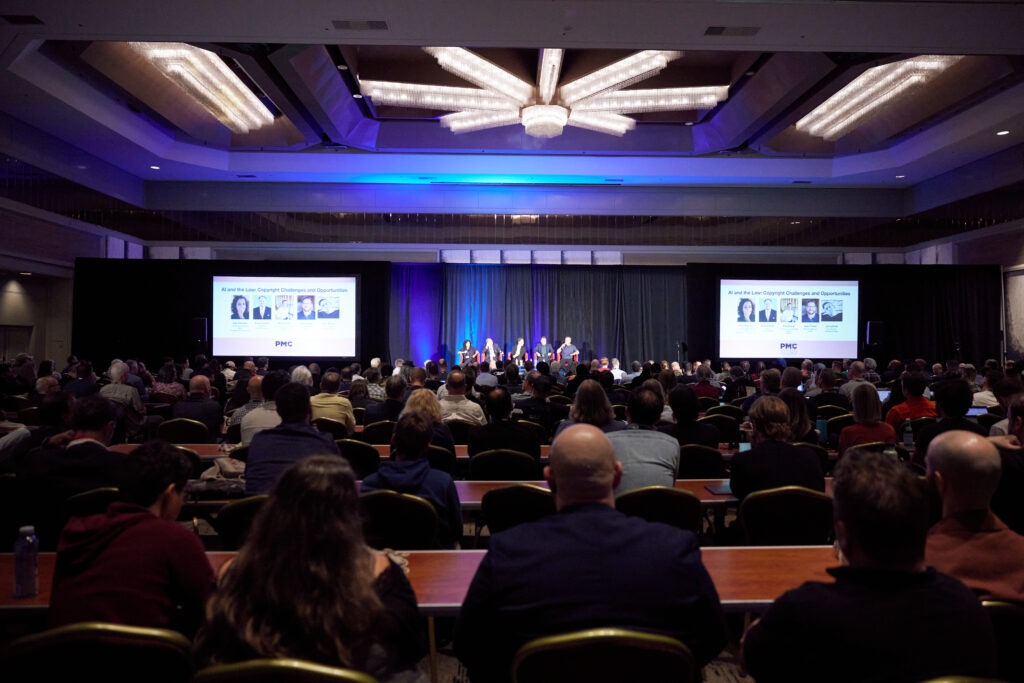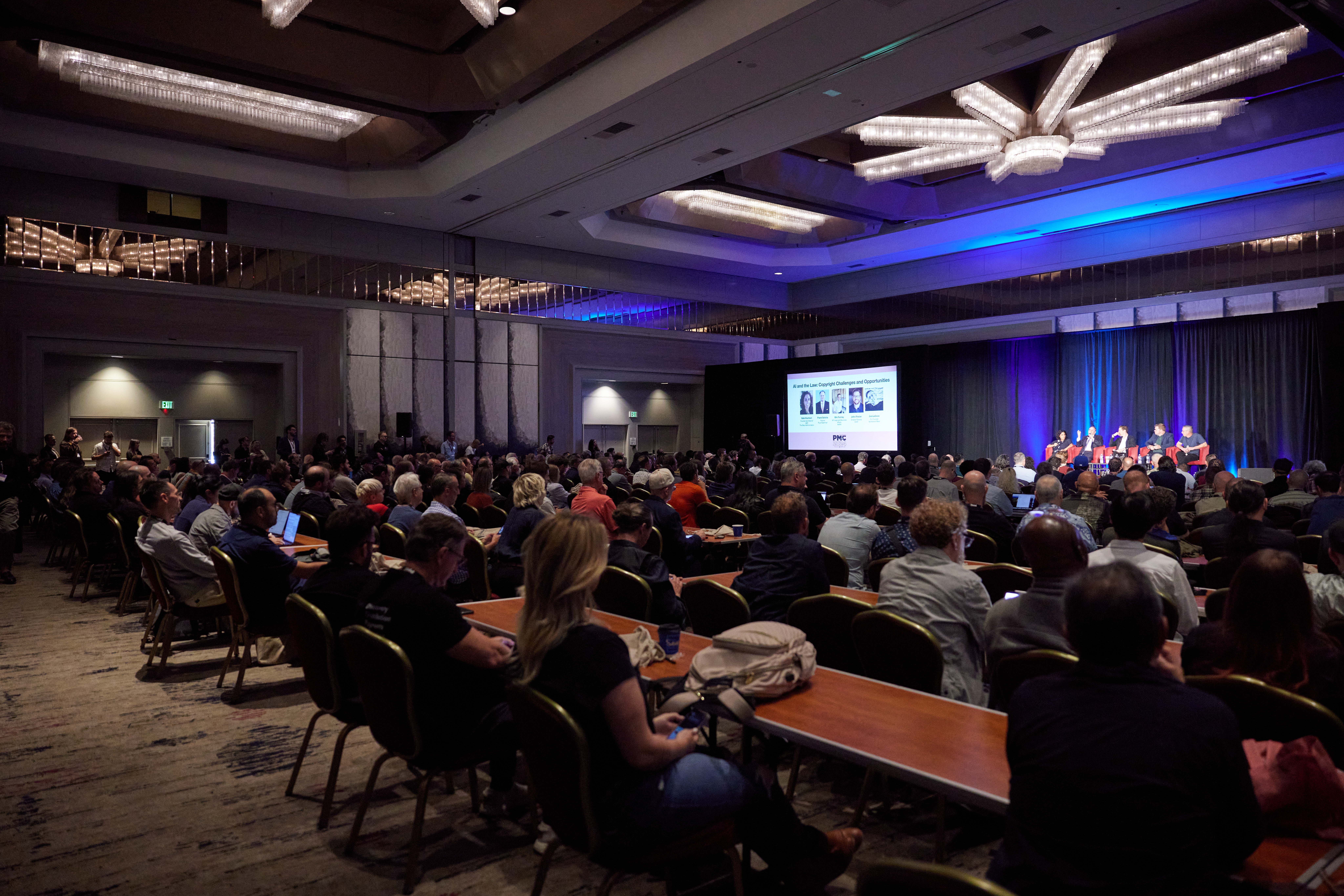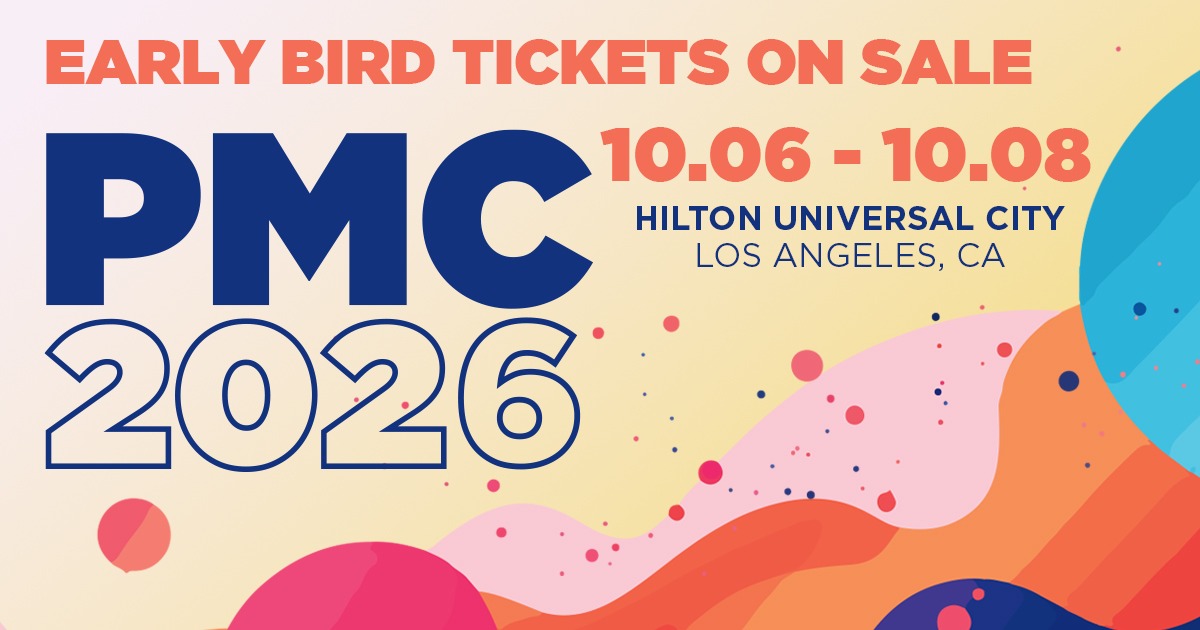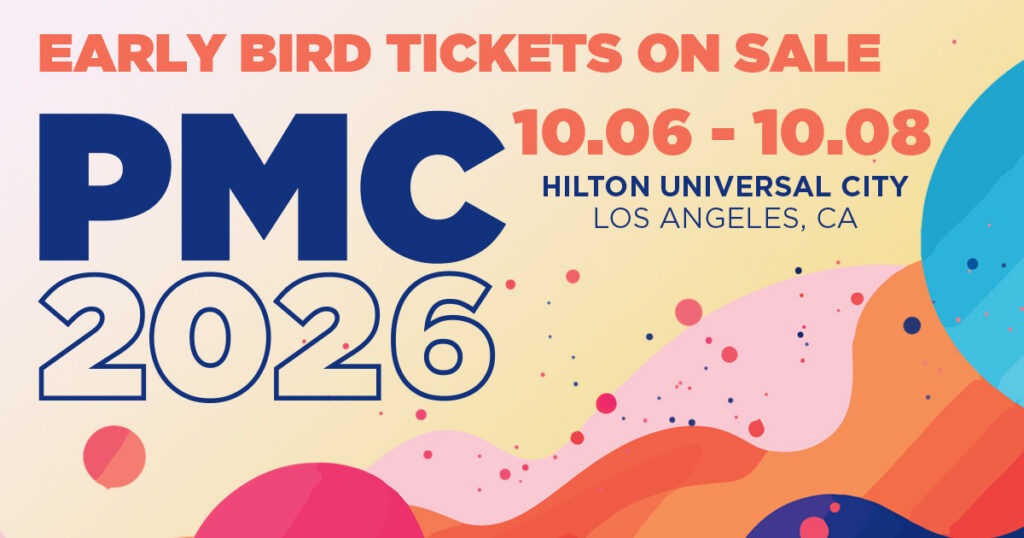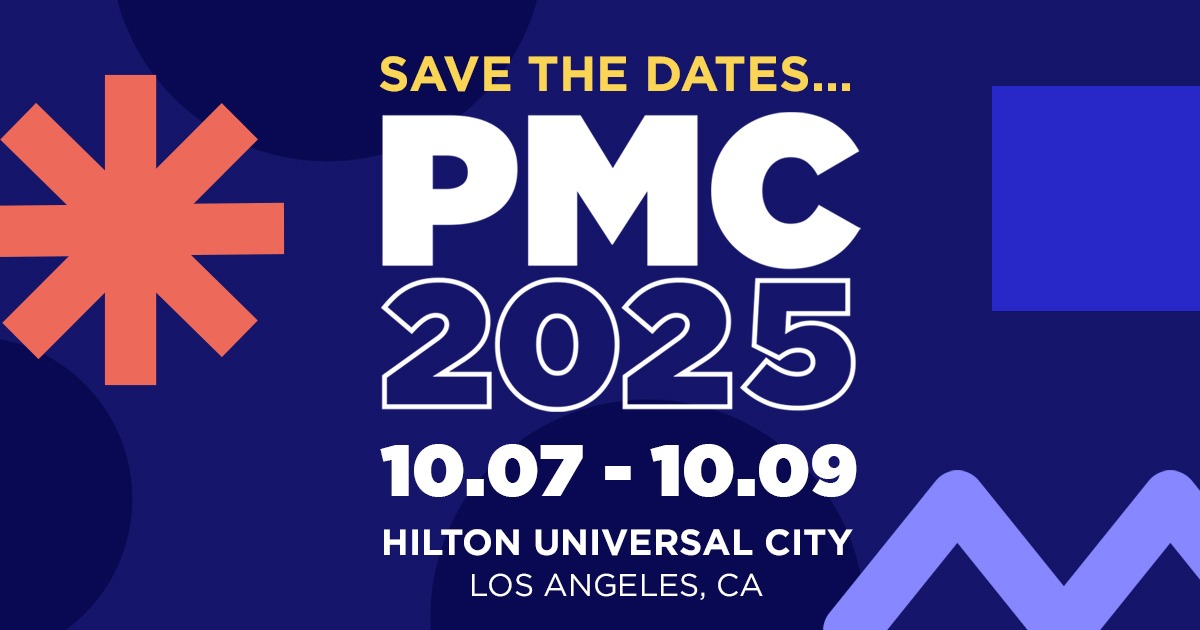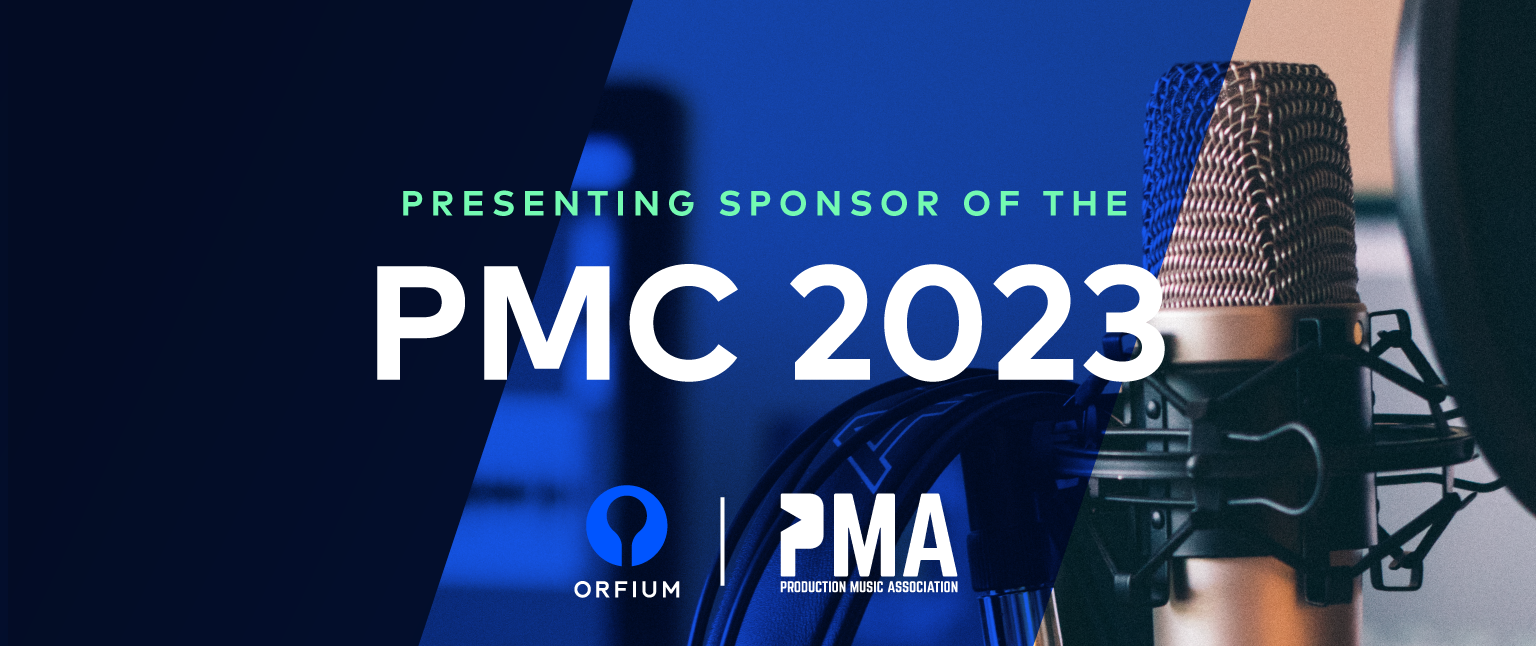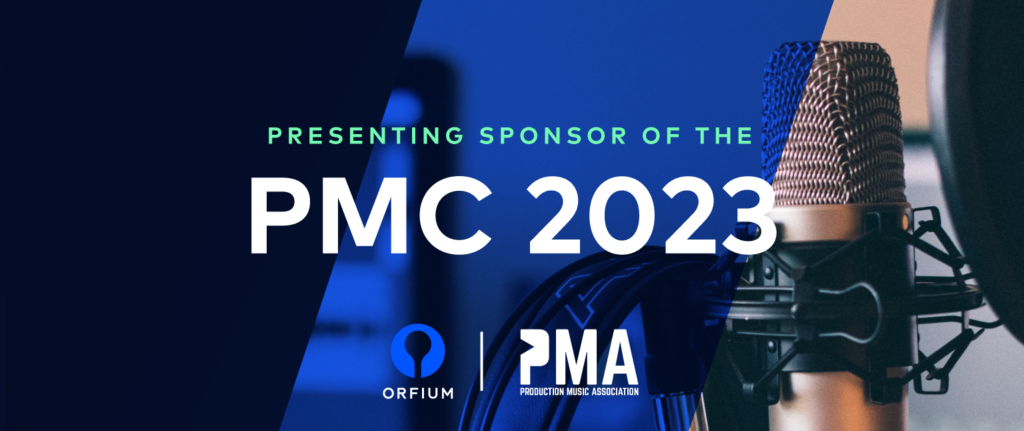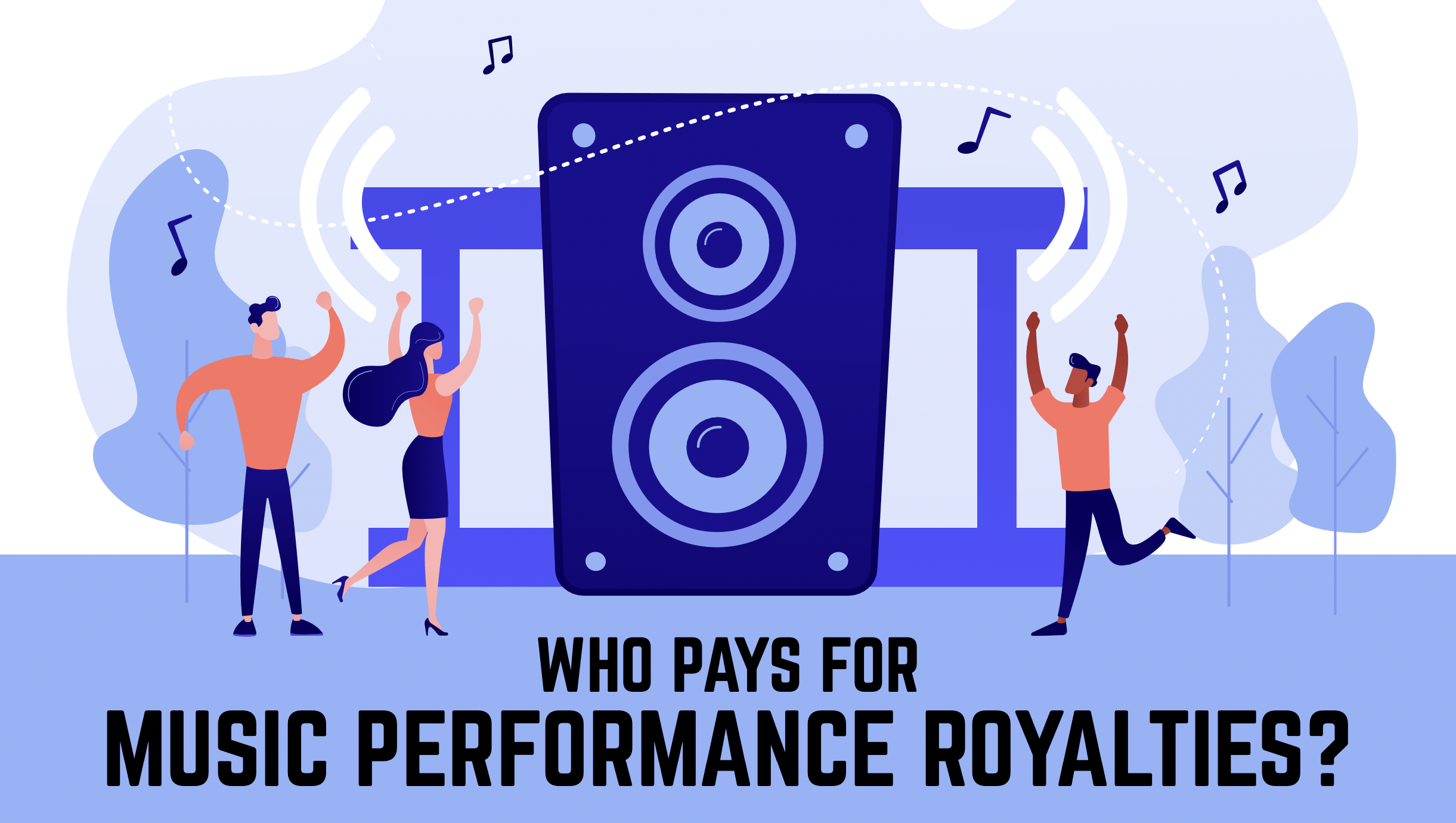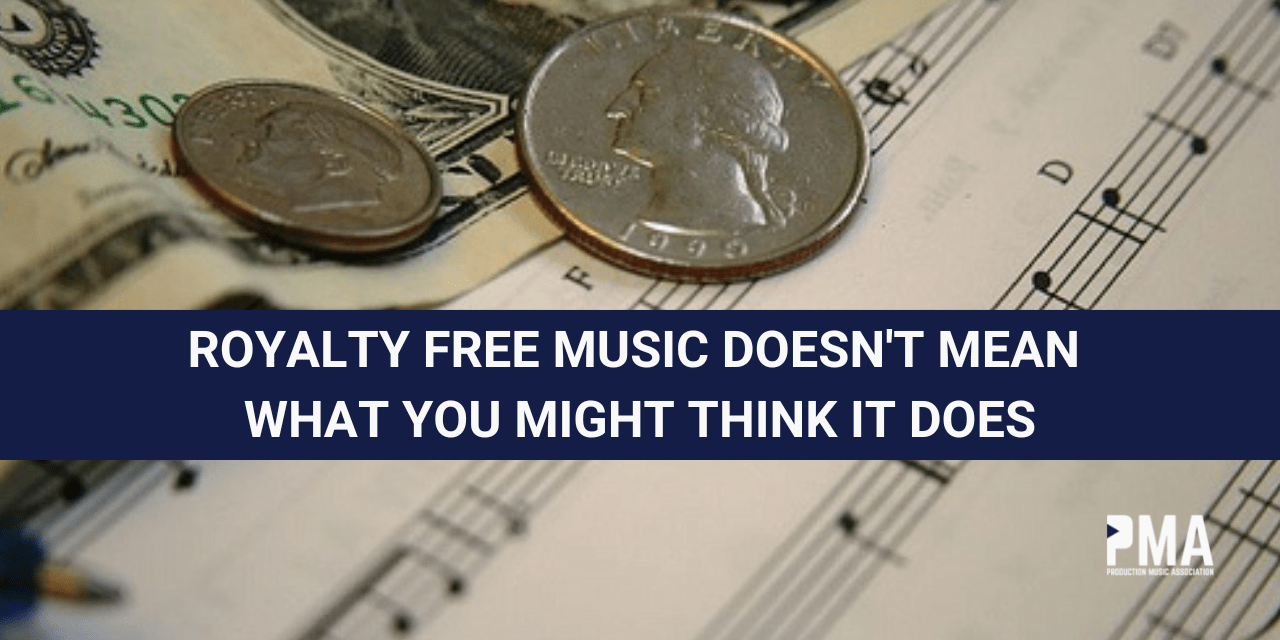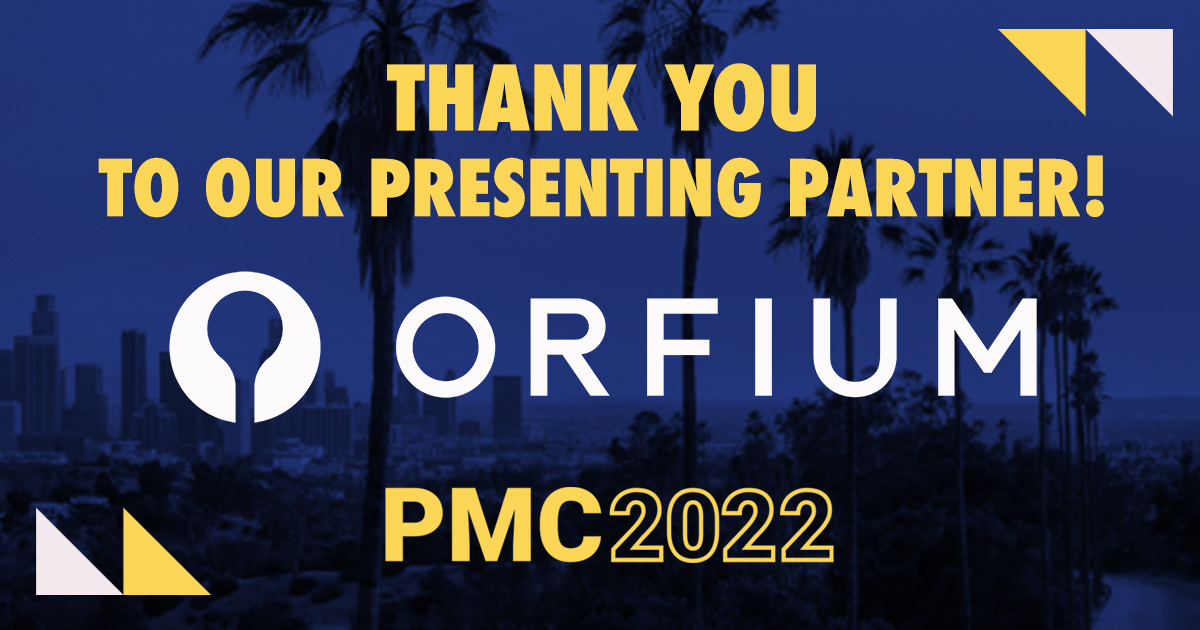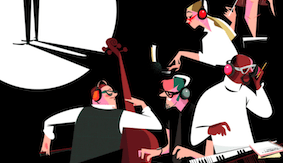By Mark Rozzo for Vanity Fair
Creating music in 21st-century Hollywood, as a composer for an Emmy-winning cable series put it, “feels like an underground, a real pimp situation.” He talked about long hours, low pay, and working under a martinet “lead composer”—his boss—who delegated the actual work of writing and recording. “One time he had a meltdown because the director was coming to hear what he had come up with and he didn’t have anything to play him,” the composer went on, “because my computer had all the music on it and it was on the fritz!” He laughed—c’est la guerre. But the irritation and dismay were palpable. Another Hollywood composer summed up the widespread feeling among the men and women who do the day-to-day work of bending melody, harmony, and rhythm to match pictures on a movie or television screen: “There’s no contract, there’s no union. You’re completely beholden to working with someone who’s completely unethical or not.”
“The ultimate perquisite of a composer’s life,” said Henry Mancini, “is being able to make a living doing what you truly love to do: create music.” Mancini, who scored such films as Breakfast at Tiffany’s, The Pink Panther, and Victor/Victoria, winning four Oscars along the way, belongs to an all-time pantheon of film composers that includes Bernard Herrmann, John Williams, and, more recently, Hans Zimmer. We don’t talk about film composers much, but their work is essential to the cinematic experience. Try to imagine Psycho without Herrmann’s stabbing violins or Inception without Zimmer’s gut-rattling BRAAAM. As the director James Cameron once put it, “The score is the heart and soul of a film.”
“I can COUNT THE NUMBER of mainstream Hollywood composers that I KNOW write all their music themselves ON ONE HAND.”
Lately, in the streaming era, composers themselves are talking more and more about making a living. With an increasing share of their work moving to streaming, film composers are seeing their royalty earnings dwindle to “pennies on the dollar,” as more than three dozen of them put it last August in an open letter to ASCAP, BMI, and the other performance-royalty organizations, or PROs, that collect and distribute revenues to songwriters. “This raises serious concerns for the future financial outlook for all composers,” the letter declared.
Worse still, some streamers, most notably Netflix, are defaulting to work agreements that cut out royalties entirely. Such agreements are known as buyouts—work-for-hire deals that offer a lump payment and no back end—and they deprive the composer of any share in the ongoing success of a hit series or movie. In 2019, a group of award-winning composers—including Carter Burwell (who has written the score for nearly every Coen brothers movie), Joel Beckerman (CBS This Morning), John Powell (the Jason Bourne franchise), and Pinar Toprak (Captain Marvel)—launched Your Music, Your Future, an initiative aimed at raising awareness about buyouts. So far, nearly 19,000 people have signed on.
Read the full article at https://www.vanityfair.com/hollywood/2022/02/the-ugly-truth-of-how-movie-scores-are-made
